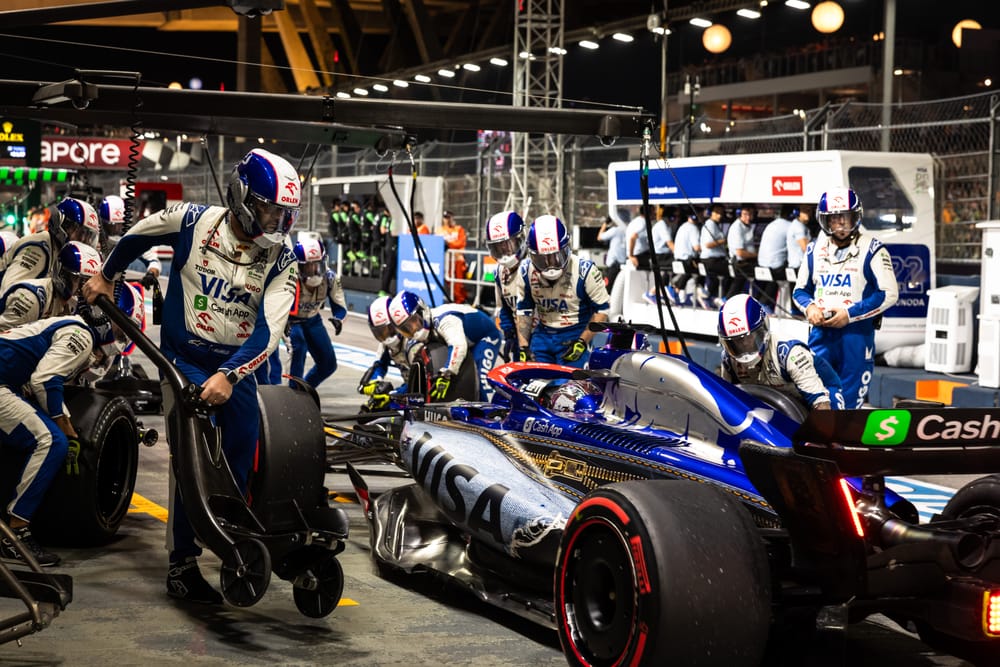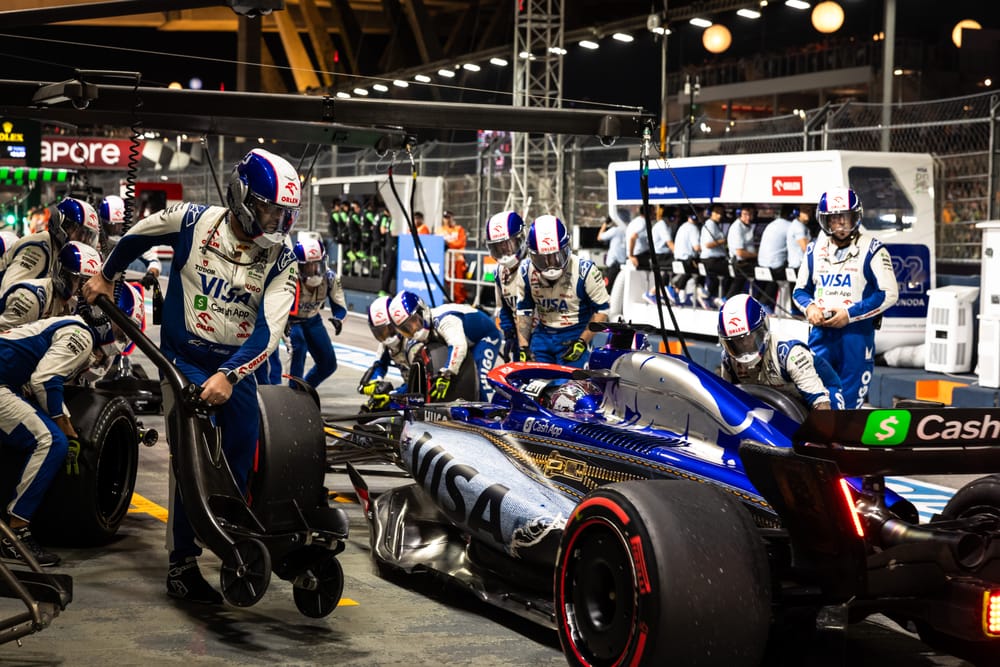Up Next

Daniel Ricciardo's late fastest lap in Singapore reignited Formula 1's debate about the lack of regulations restricting common ownership, but it should also lead to reconsideration of the ludicrous rule awarding a bonus point for fastest lap.
This was reintroduced in 2019, having originally existed for the first decade of the world championship from 1950-59. The rationale was to create another talking point and encourage drivers to take risks, particularly late in races.
The flaws in the rule were immediately apparent. Those who wrote it acknowledged as much when they added the proviso that you could only get the point if you also finished in the top 10.
That was to stop groups of stragglers turning the latter stages of grands prix into their own farcical mini-qualifying session in pursuit of a point because they had no chance of scoring one on merit.
That solved one problem, but it did nothing to prevent the Singapore scenario where Ricciardo took a point off a world championship contender to help a Red Bull stablemate.
But even without the common ownership elephant in the room, such circumstances shouldn't be allowed to arise. The worst-case scenario would be a world championship swung at the end of a season finale by third parties potentially taking fastest laps off a contender.
Yes, other drivers and teams influence world championship fights constantly, but that should only ever be by dint of participating in the race for their own objectives.
Any conditions put on the fastest lap point at best mitigate the fundamental flaw of the rule - that the fastest lap is meaningless in modern F1. High-degradation tyres mean it's often only available to those making late pitstops for a quick lap on fresh rubber and low fuel.
The opportunity to do that is not available to everyone and too regularly rewards underachievers.
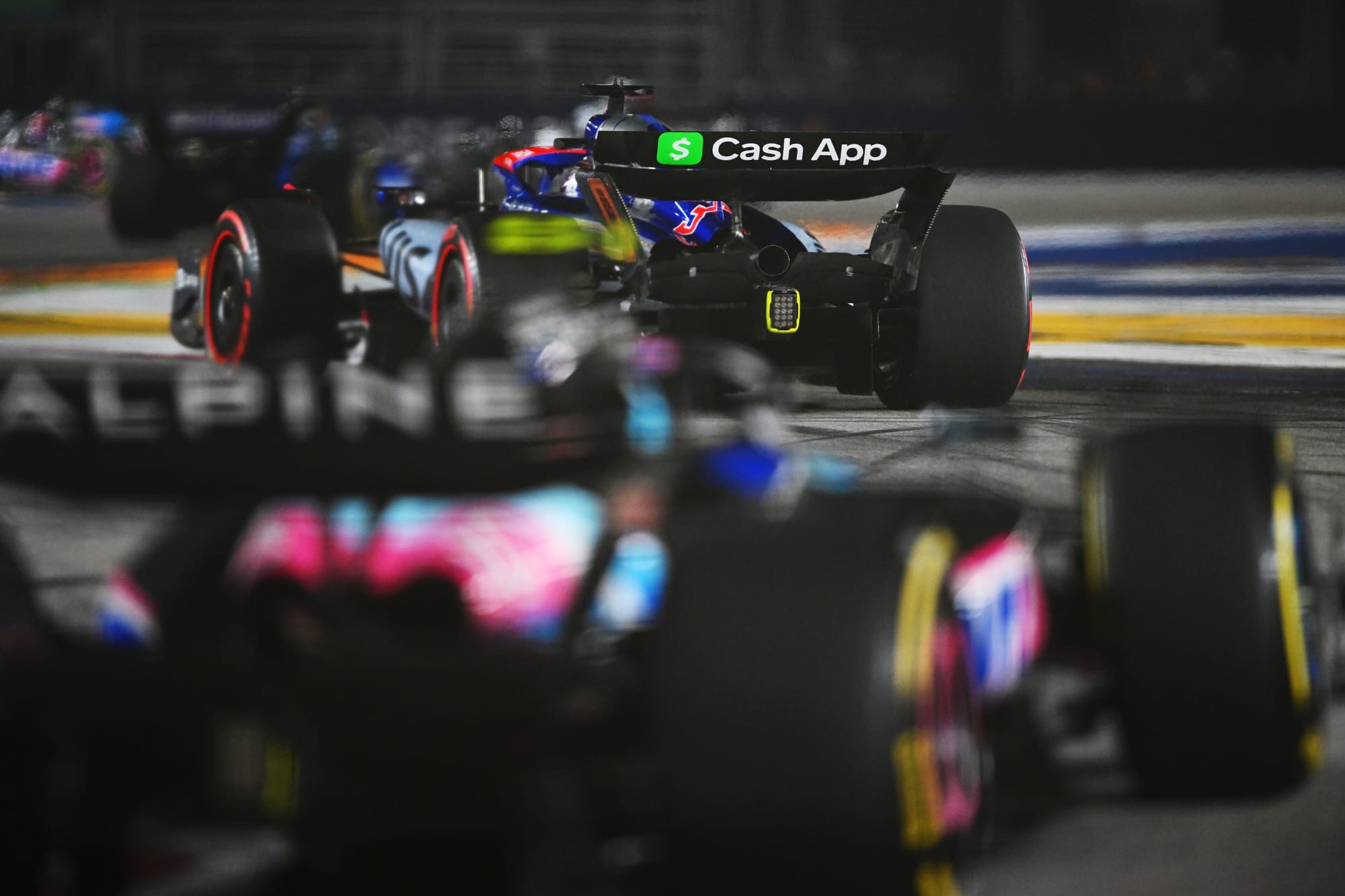
Let's say you're leading the race with a handy margin, but not one big enough to take an extra pitstop for fresh boots. Well, your off-the-pace team-mate might be chugging around in sixth way clear of the midfield and able to take a 'free' pitstop and bag an easy fastest lap. It doesn't always happen, but this is a frequent scenario.
A glance at the distribution among drivers of the fastest lap point highlights that.
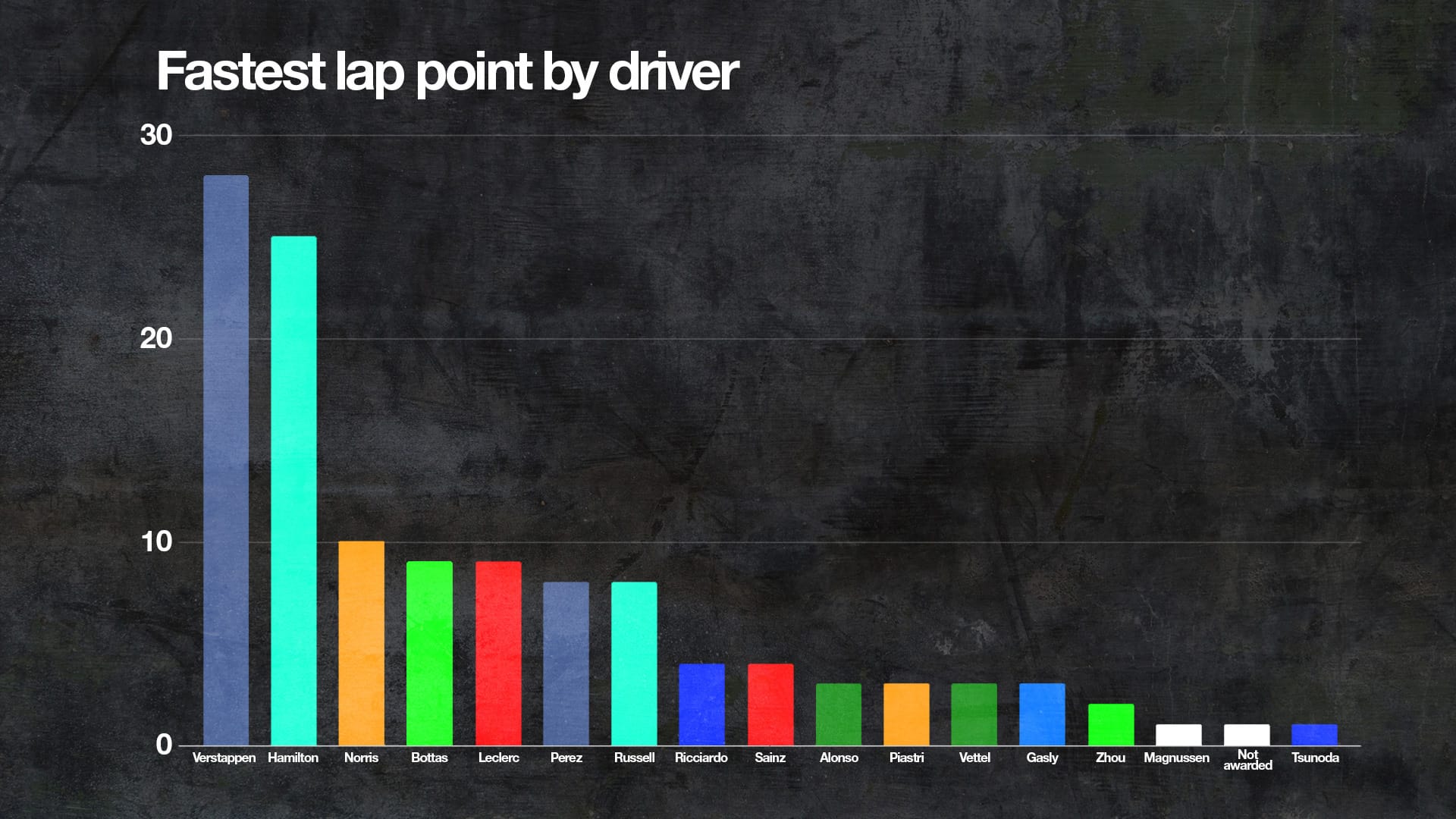
You can argue that the driver must still punch in a laptime after a late stop, but these usually don't need to be stunningly quick. Ricciardo's fastest lap in Singapore was 3.401s slower than he did in Q1, so it was hardly an all-out qualifying special.
With no position to race for, he not only had the luxury of fresh tyres and low fuel but could also maximise the hybrid deployment. For a driver of his calibre, in a car of that pace, it was a cruise and collect rather than a genuinely notable achievement.
And often such laps take a point off a driver who might have set an impressive laptime in a real racing situation that required more skill.
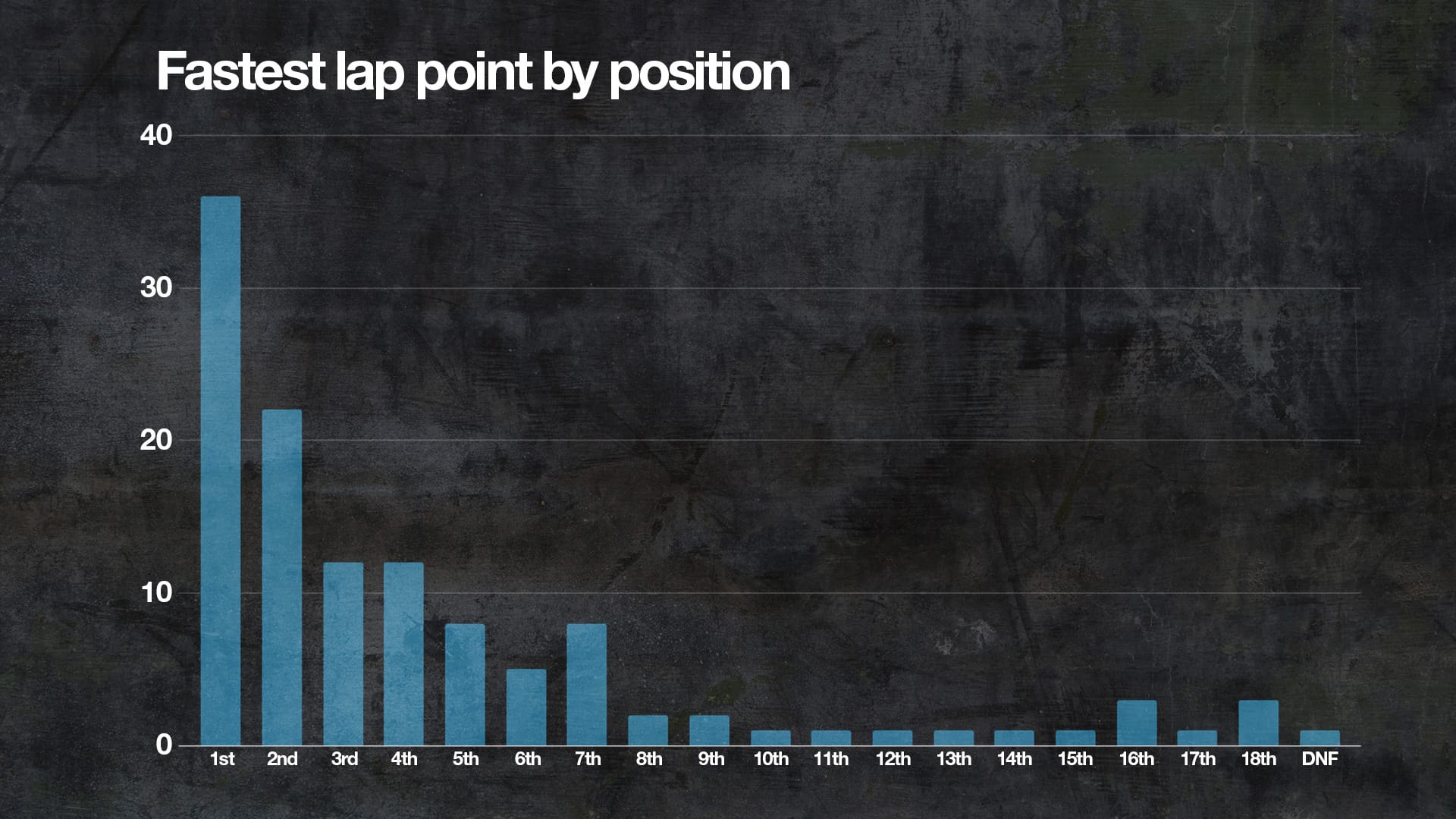
The fastest lap is simply too circumstantial. In the 122 races since the start of 2019, the race winner has only taken the bonus point 36 times.
While the point is heavily biased towards the higher finishing positions, with 70 of them taken by top three finishes, the fact that fastest laps have been taken by drivers finishing in every position down to 18th shows how disconnected it can be from performance.
The point hasn't even been awarded on 14 occasions - 13 times because they weren't accompanied by top-10 finishes. And in the farcical 2021 Belgian GP, the fastest lap wasn't even awarded.
Points should recognise achievement in F1. As the fastest lap bonus can so often be breezed to by a driver who makes a late pitstop, or earned by chance by an offset strategy that advantages you later in the race, it makes it a random triviality ill-befitting a genuine sporting competition. That the fastest lap does sometimes go to the quickest driver doesn't change that.
This rule is a triviality, one that might as well be replaced by a random-point-allocator rule that gives the bonus point to whoever is drawn from a tombola.
The answer? Get rid of it. At best, it adds nothing, at worst it creates farcical situations.


